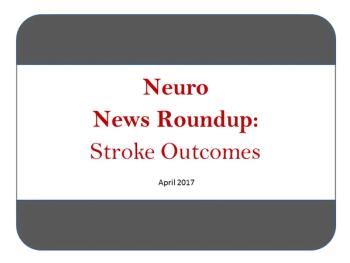
Studies include stroke risk with epilepsy, genetic predisposition for ischemic stroke, and dysphagia screening in stroke patients.

Studies include stroke risk with epilepsy, genetic predisposition for ischemic stroke, and dysphagia screening in stroke patients.
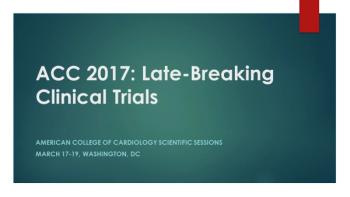
Research includes safety of digoxin with atrial fibrillation, comparison of cerebral embolic protection devices, and cerebral microbleed triggers.
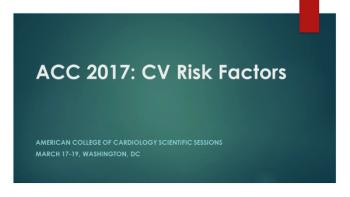
Research includes a possible link between Zika & CV issues, CV effects of cannabis use, and neurocognitive impairment with PCSK9 variants.

Is selective serotonin reuptake inhibitor use associated with an increased risk of spontaneous intracranial hemorrhage?
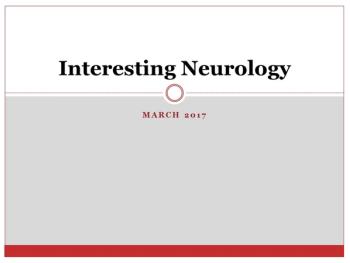
March news includes possible brain tumor therapies, a study exploring mechanisms underlying demyelination-induced seizures, and VNS post stroke.
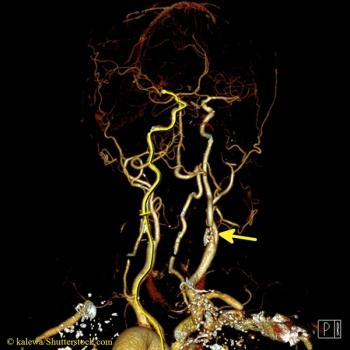
Does clinician reimbursement structure (fee-for-service vs salary-based) affect type of care for patients with carotid artery stenosis?
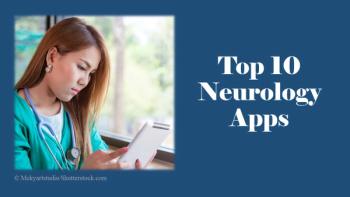
Ten general and disease-specific apps for neurologists include assessment scales, anatomical diagrams, and interactive clinical decision support.
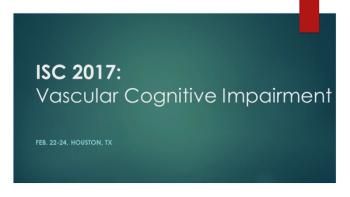
Research included the impact of diet on cognitive decline and the degree of a link between depression & dementia post intracerebral hemorrhage.
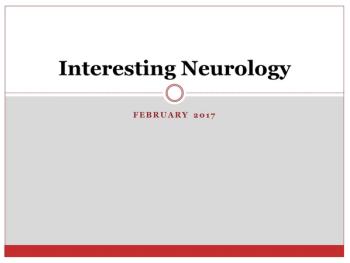
February news includes stroke risk with Alzheimer disease & migraine, neonatal hemorrhagic stroke, and head trauma in sports.
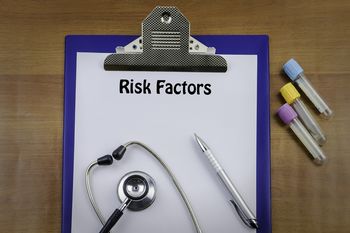
Stroke is the most common cause of epilepsy in older adults, but there is limited information about rates and risk factors in this population.

Studies that have evaluated the association between migraine and CV outcomes have shown inconsistent results.
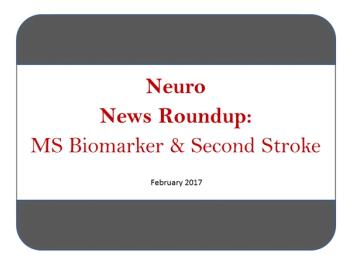
Three new studies explore preventing secondary stroke, a potential biomarker for MS prediction, and a link between vitamin D and headache.

Research suggests that people who have higher levels of physical activity before a stroke have better outcomes after the stroke, but why?
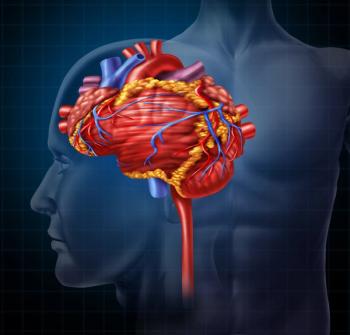
Perioperative stroke is associated with a significantly increased risk for mortality and long-term morbidities. What role does migraine history play?
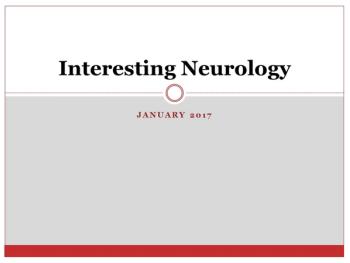
January news includes the first FDA-approved drug for spinal muscular atrophy, various epilepsy treatments & vitamin D’s impact on Alzheimer & headache.
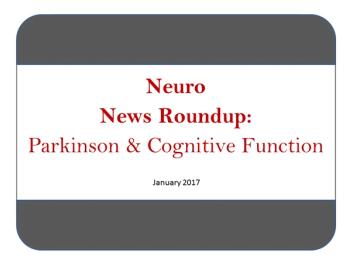
Orthostatic hypotension’s effect on cognition in Parkinson disease, testing patients with epilepsy who can drive safely, and carotid web are covered.

Whether or not antihyperglycemics can decrease the risk of stroke has been a matter of debate.
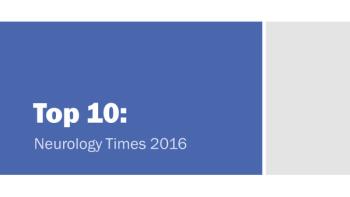
From Alzheimer disease to Zika virus, we’ve compiled a list of this year’s most popular articles on Neurology Times.
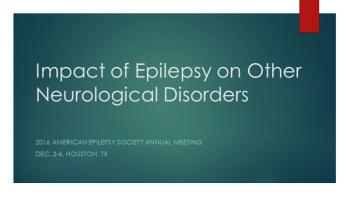
Research from AES 2016 explored relationships between epilepsy and other neurological disorders, including Alzheimer disease, MS, stroke, and autism.
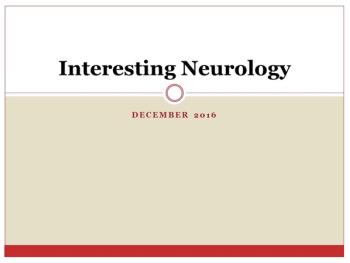
November news includes the first human clinical trial focusing on tau in Alzheimer disease and Zika-related microcephaly not presenting at birth.

Up to 45% of stroke victims over the age of 60 will develop epilepsy. Researchers at AES 2016 presented risk factors of post-stroke epilepsy.
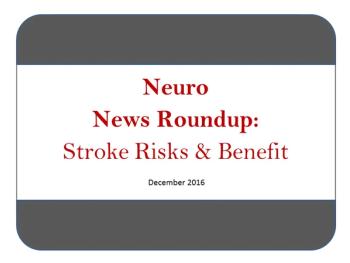
Three new studies look at stroke and the impact of folic acid, music therapy, and air pollution.

The study provides much needed insight into sex-specific risk factors, thus improving the accuracy of individualized stroke risk assessment.
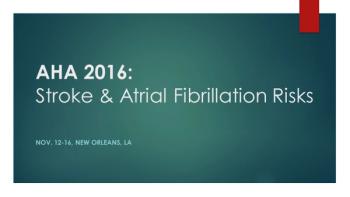
Psychological stressors, air pollution, and cardiorespiratory fitness were some of the stroke and AF risk factors researchers investigated.
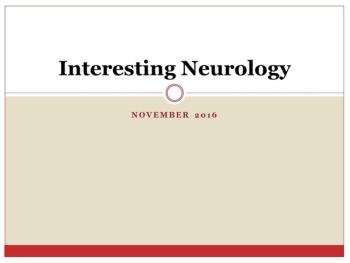
November news includes potential Alzheimer treatments, FDA approval of a device to prevent recurrent stroke, & a newly typified headache disorder.